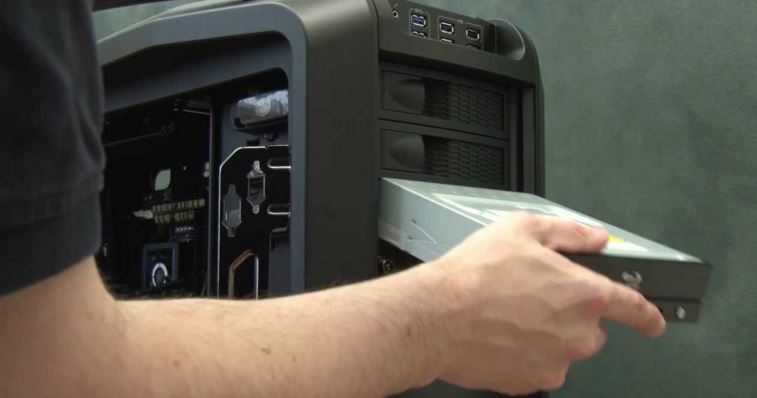

Not all players and drives will be able to access the dual-layered discs, so be sure to check before parting with any money. DVDs can be single- or dual-layered, with the latter supporting up to 8.5GB of data. This also allows for vastly more content to be stored on the discs, making them ideal for smaller system backups. A DVD, on the other hand, will be able to hold just shy of 5GB (4.7GB) worth of data.Ī huge increase in available storage was driven by the need for physical media to house HD movies. With a CD, you'll get around 700MB at the most. The main difference between CDs and DVDs is the size of available storage. DVD drives are not only able to play and write to DVD media, but also CDs. It's rather difficult to pick up a new CD drive, but to be honest DVD drives are affordable so it really isn't an issue. We know there are the different type of drives, but which is the best option for your PC? CD or DVD To keep things relatively simple for consumers, manufacturers may not list all format speeds, but this is definitely worth researching if you plan to use a Blu-ray drive for not only Blu-ray discs but also DVDs. Speeds at which drives are able to read and write data to and from a disc depend on the format, the model, and branding. When it comes to drives, you have a few options available: Blu-ray followed with even more capacity, killing off both DVD and its successor, HD-DVD. Also, not everyone has a 100MB connection to the outside world for stable streaming.ĬDs came first, slowly replaced by DVDs for storage aside from music. This media can be relied on for system backups, with the ability to store such objects off-site, not to mention music and film are still distributed on CD and DVD, respectively.
WHO MAKES THE BEST EXTERNAL BLU RAY BURNER PC
As touched on already, CD, DVD, and Blu-ray make up the three types of physical disc media one can use on a PC or home entertainment system.


 0 kommentar(er)
0 kommentar(er)
